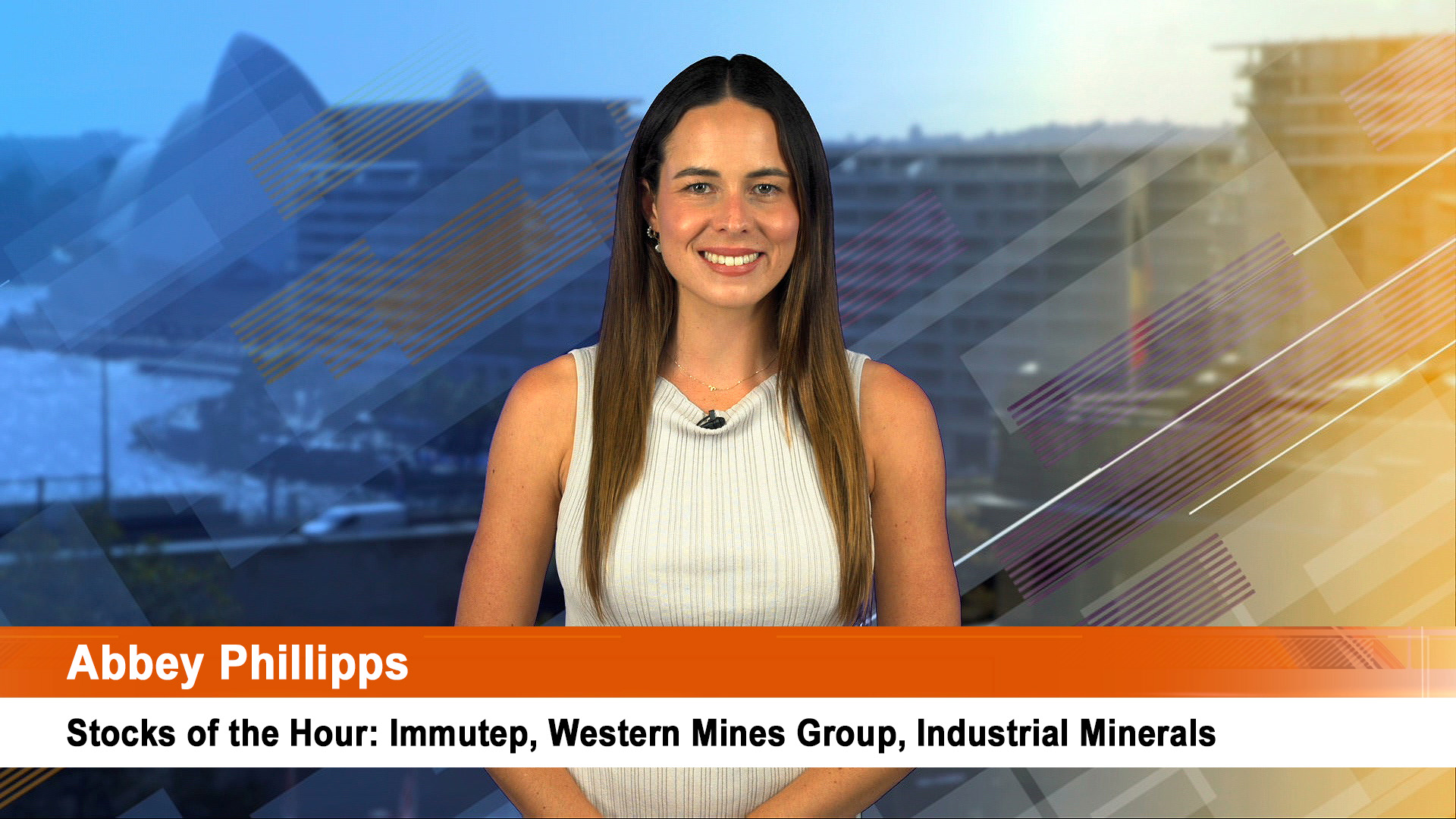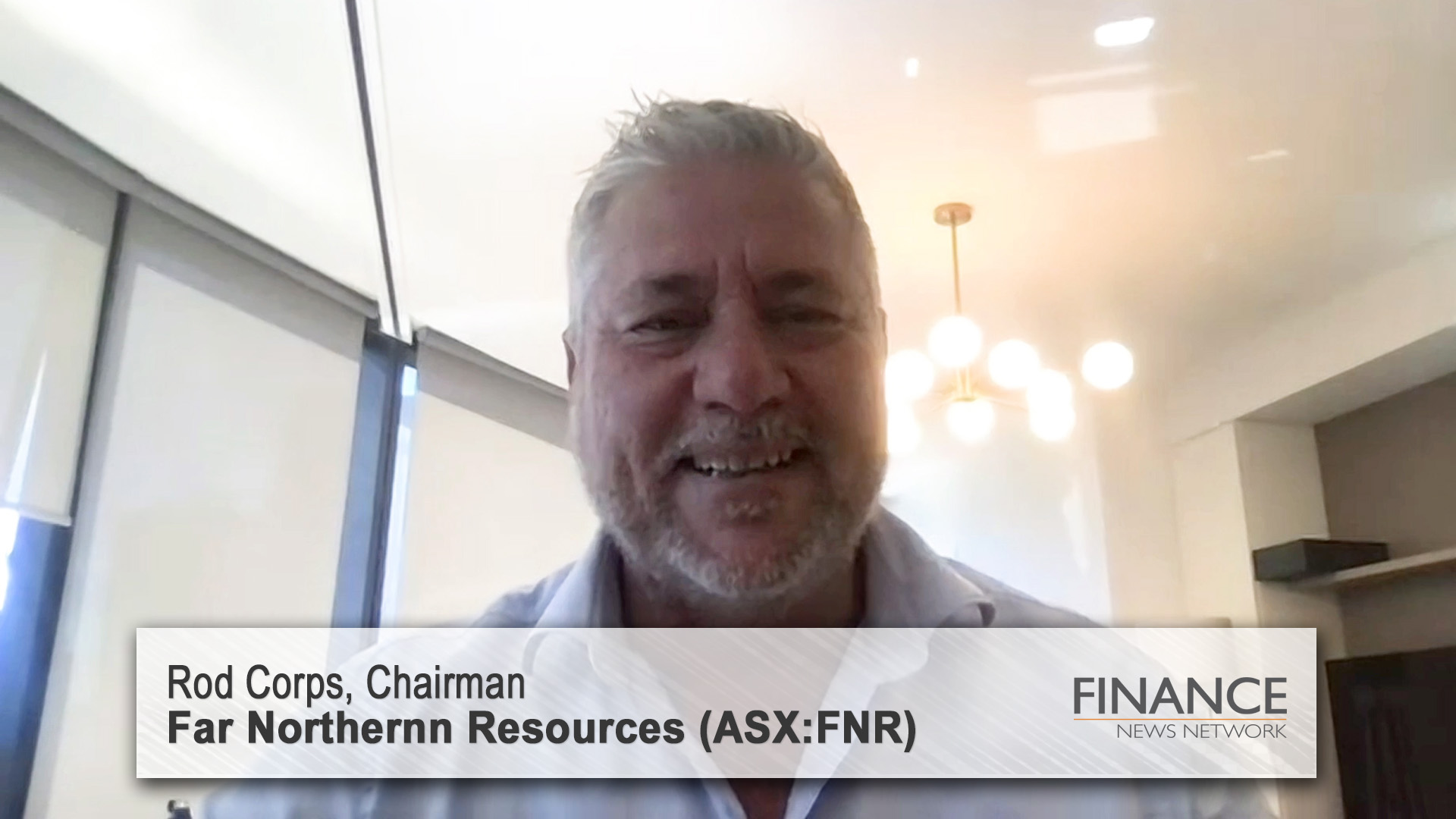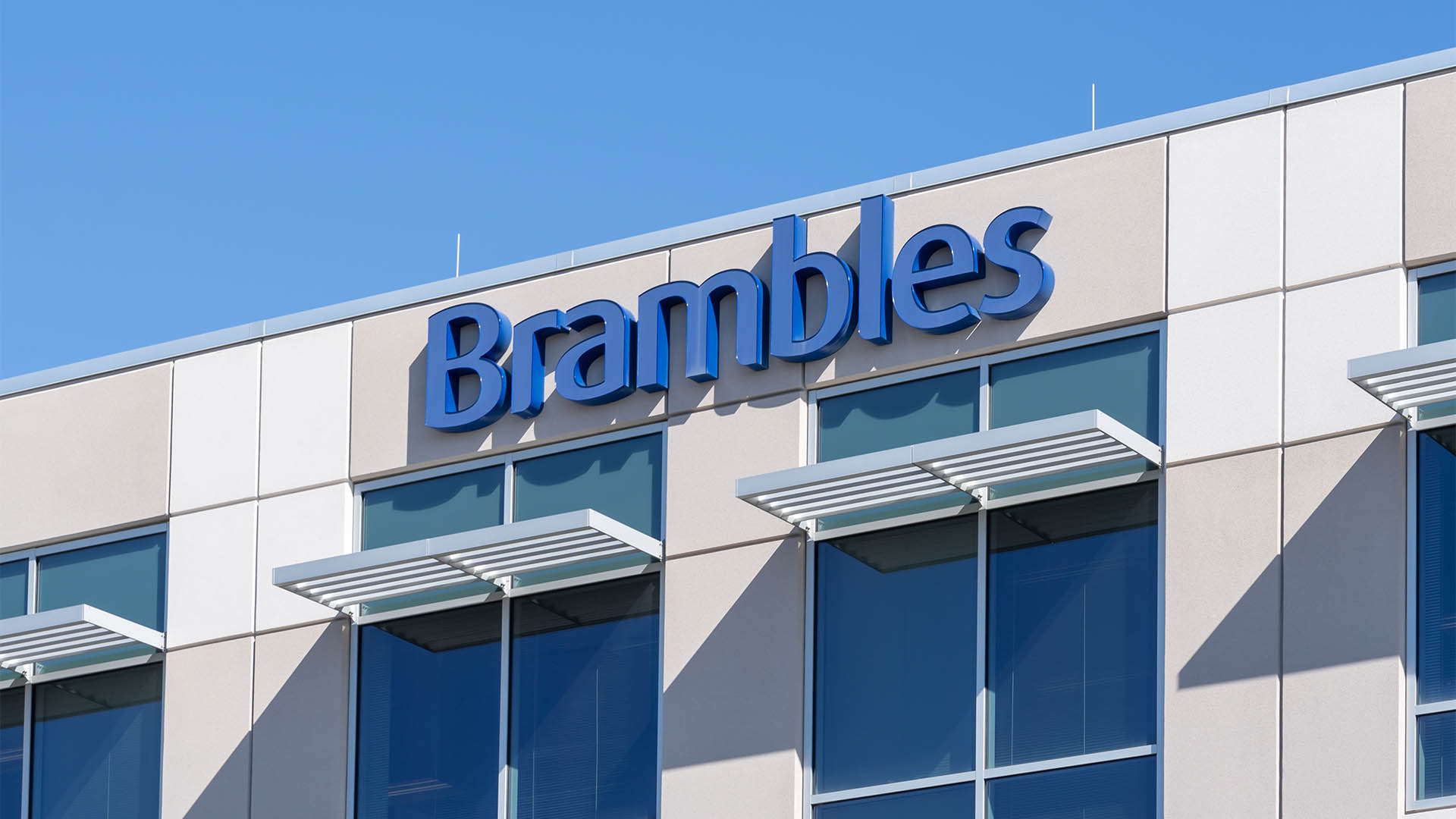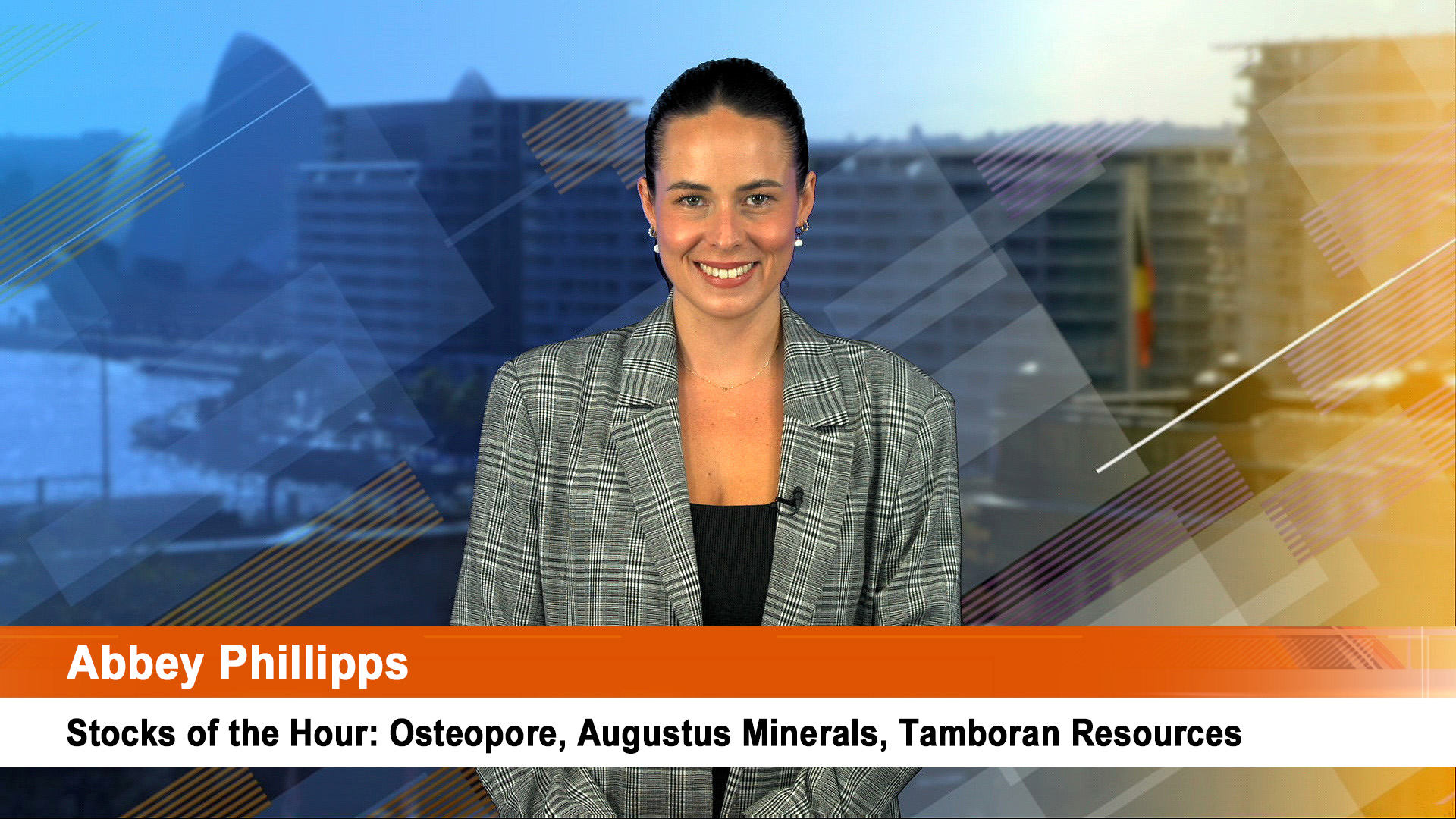Thanks to a late rally yesterday, the Australian stockmarket finished a month it would rather forget with a small gain.

In fact it was the worst month since the great crash of 1987, and the worst January (according to some record keepers,) for even longer.
But the 32 point gain at the close didn't occur until we'd seen a volatile day's trading with the market confused at the opening after Wall Street's late swoon in the wake of the fed's latest 0.5% rate cut.
The All Ords and ASX/200 was tipped to start higher by the futures market, but it fell, rallied a touch and then plunged 3% or more before a recovery in the afternoon.
It then fell away to be more than 1% down, before a late rally took into positive territory and January was over.
The All Ords ended Jan down 11.3% and the ASX/200 was off 10.9%.

That made last month the worst month since October 1987, when the All Ords fell 42.4%.
According to the AMP, it was the worst January since January 1876 when it fell 12.3%.
Among the large cap stocks the best were: Onesteel (up 8.0%), Futuris Corp (up 7.0%) and Consolidated Media Holdings (up 6.2%). The worst were: Allco Finance Group (-46.1%), Paladin Energy (-34.8%) and Centro Properties Group (-34.7).
Wall Street was up around 1.7% but regardless of that rebound, January was a rotten month: not as bad as it looked at the start of last week, but tough all the same.
At yesterday's (Thursday) close, the Dow had fallen 6.2% year-to-date, the S&P 500 had fallen 7.7% and the Nasdaq had fallen 11.4%, meaning all of 2007's gains, plus some more, had been wiped out.


That's possibly the worst January for at least 18 years, and possibly since before the 1930's.
European stocks fell, capping the worst-ever January for the Dow Jones Stoxx 600 Index.
But Asian stocks rose on speculation earnings will withstand a slowdown in the US.
The MSCI Asia Pacific Index gained 1.6% 143.39 in Tokyo, reversing an earlier loss of 0.6%. The Index has fallen 9.1% this year, its biggest monthly decline since September 2001.
The Nikkei 225 Stock Average Index added 1.9% to 13,592.47.The Nikkei lost 11% in January, the worst monthly performance since April 2000. Hong Kong's Hang Seng Index rounded out its biggest monthly retreat since October 1997.
Shares fell last month as rising defaults in US subprime mortgages diminished the amount of credit available worldwide and resulted in falling returns and increased write-downs for US and European banks and investors.
Australian stocks, especially those geared and in property, were also battered lower after Centro Properties Group, ran into refinancing problems before Christmas. Those continued into January and culminated with the company replacing its CEO and putting itself up for sale to try and refinance around $1.9 billion in debt.
The trials of the Brisbane property and travel investor, MFS also contributed to a loss of faith for property stocks as its financial position was gradually shown to be a lot worse than the company let on.
The likes of Allco were also impacted, as were trusts with investments in Australia, Britain or the US.
It was a similar story across the world as traders were glad to see the back of the worst month so far in the great credit market rout which has made debt and gearing no go zones for investors.
A bit of book keeping late in the day for end of month purposes seemingly helped (which seems a bit pointless).
January was a month when the market corrected and plunged into bear country a couple of times.
While there was some bargain hunting, the worries from the US keep mounting.
But the slowing US economy, more fears about ratings downgrades for US bond insurers and subprime mortgages didn't deter traders in Asia where the trend was much like Australia at the end of a miserable month for Japan, Hong Kong, India and China.
Investors here are now focusing on next Tuesday's Reserve Bank board meeting with a possible rate rise to be revealed in the afternoon, and on the approaching deadline for BHP Billiton to put up or shut up in its bidding ambitions for rival, Rio Tinto.
BHP closed 94 cents higher to $37.05 and Rio gained $8.66 to $123.00, which is well clear of BHP's suggested three for one offer. That could be lifted to around 4 for one according to some market optimists.
But a firmer bid plan is likely to come next Wednesday when BHP is due to report interim earnings for 2007-08.
Woolworths was again weak, shedding 70 cents to $28.80 to take its two day loss to $2 a share since revealing less than expected rises in top line and same store sales for the December quarter and the December half.
Troubled margin lending broker, Tricom, issued a statement late yesterday saying it was still open for business and that its lending book had been cut to less than $1 billion.
That, more than anything, helped with the late surge as it became known the firm was not going to renege on dealings. But T3 settlement tomorrow around midday will be closely watched by traders to make sure the firm is still able to deal.
Tricom's













